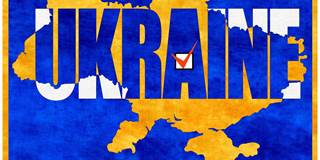Ukraine Loses Its Way
Since the election of President Viktor Yanukovych in 2010, Ukraine has experienced a significant and alarming deterioration in its democratic framework. And, given Ukraine’s strategic importance, particularly with regard to European energy security, the country’s fate has become an urgent matter of concern for the West.
PRAGUE – Since the election of President Viktor Yanukovych in 2010, Ukraine has experienced a significant and alarming deterioration in its democratic framework. Fundamental tenets of a democratic society, such as freedom of expression, freedom of assembly, and freedom of the press are increasingly coming under pressure. And the prosecution of opposition members, which has now culminated in the arrest and detention of former Prime Minister Yuliya Tymoshenko – during an ongoing trial that most of the West has deemed political – seems to confirm that the rule of law is being brushed aside.



PRAGUE – Since the election of President Viktor Yanukovych in 2010, Ukraine has experienced a significant and alarming deterioration in its democratic framework. Fundamental tenets of a democratic society, such as freedom of expression, freedom of assembly, and freedom of the press are increasingly coming under pressure. And the prosecution of opposition members, which has now culminated in the arrest and detention of former Prime Minister Yuliya Tymoshenko – during an ongoing trial that most of the West has deemed political – seems to confirm that the rule of law is being brushed aside.